Local governments' tussles for investments chided by Chinese state media
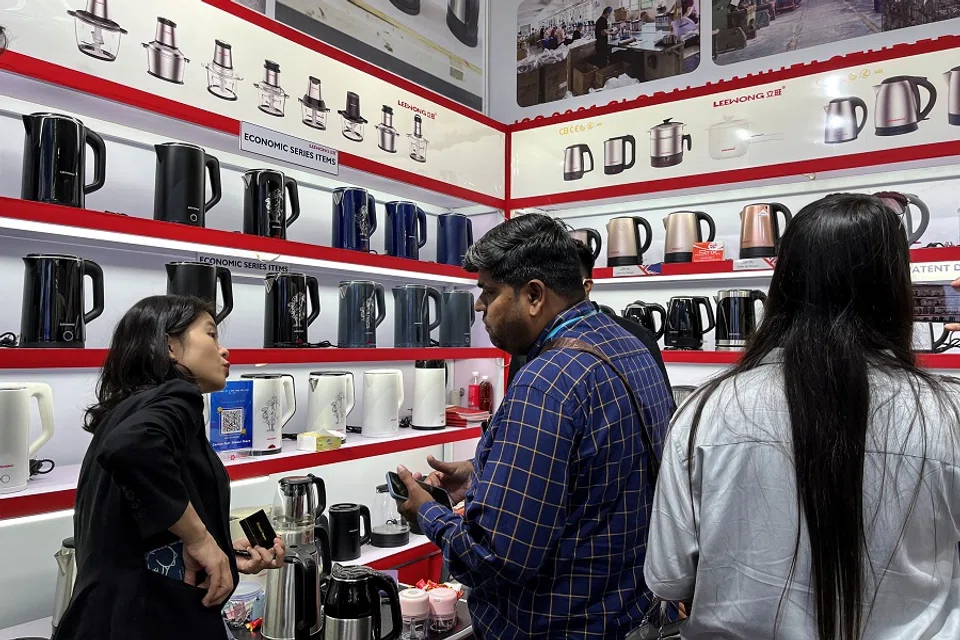
Since the start of the year, local governments have implemented business strategies that involve sending delegations across the country to draw business and investments to their regions. Chinese state media has warned these local authorities against such approaches, saying that the mindless dispensing of preferential policies for short-term gains may instead impair long-term growth. In an article published in mid-May, Xinhua's Outlook Weekly (《瞭望》) further criticised such business strategies as opportunistic and formalistic.
No gains for local governments
The article went on to point out the deficiencies of such strategies. Some local governments, for instance, send off trade delegations without studying crucial local indicators on the land and environment. Others sign contracts knowing full well the terms will be hard to realise, upending the aims of launching trade missions in the first place. Not to mention that enterprises in the eastern coastal region have had to set up special offices catering to this endless stream of trade missions, leading to an increase in business costs.
After the project was completed, it not only failed to contribute to local finances but even cost the local government a large sum in subsidies.
Some preferential policies or favoured practices announced by the local governments have turned recruited enterprises into "gold-devouring beasts". According to a county-level party secretary of a central Chinese region, one such policy stipulates that once recruited, enterprises will receive the local government's support for three office terms (一任招商、三任帮扶).
On one occasion, a county-level party secretary offered tax refunds and financial incentives to a potential enterprise. A multi-billion RMB investment project was quickly signed, with the local government promising to offer concessions for five consecutive years. After the project was completed, it not only failed to contribute to local finances but even cost the local government a large sum in subsidies.
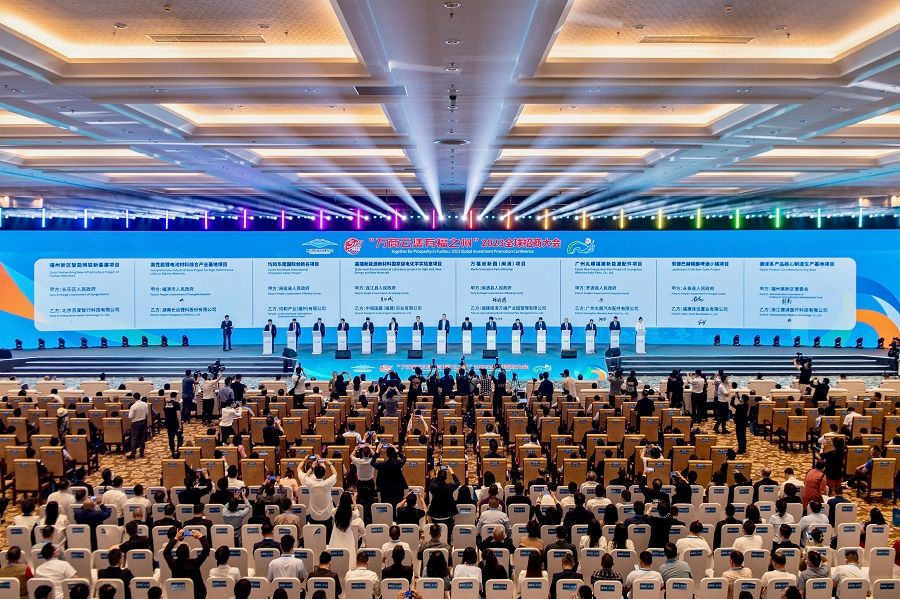
As more local governments compete to attract businesses, some have even offered enterprises a fully furnished "check-in" service, along with other favoured practices.
But if enterprises can easily check in, they can also easily check out. In particular, some platform economy projects were signed and implemented without any cost to the enterprise; businesses could move their operations to other locales other than the city they are registered, allowing them to move to wherever the benefits are bigger.
Worried that these platform enterprises would really up and go, leaving a conspicuous GDP gap in their economies, local leaders can only continue their policy of appeasement and preferential treatment. In return, the local governments lose money and gain nothing.
CCTV's Focus Report said in early May that the Zhigao Animation Technology Industrial Park in Anhui's Huainan was once a key investment project signed by the local government in 2010, with a planned total investment of 10 billion RMB (US$1.4 billion). But this project, once seen as a new economic growth point for Huainan, was never completed - construction stopped indefinitely at the end of 2013 due to a broken capital chain.
In order to meet their targets, some delegations have resorted to dividing a major investment project into several smaller projects, so the efforts to attract investments are actually not paying off.
Flawed system over the long term
Regional economists told Lianhe Zaobao that after China emerged from the pandemic, local governments have resorted to industrial investments to drive economic growth. But amid the economic slowdown, strong investors tend to be more cautious. With not enough to go around, local governments desperately turned to sending trade delegations out in full force, which has led to numerous problems.
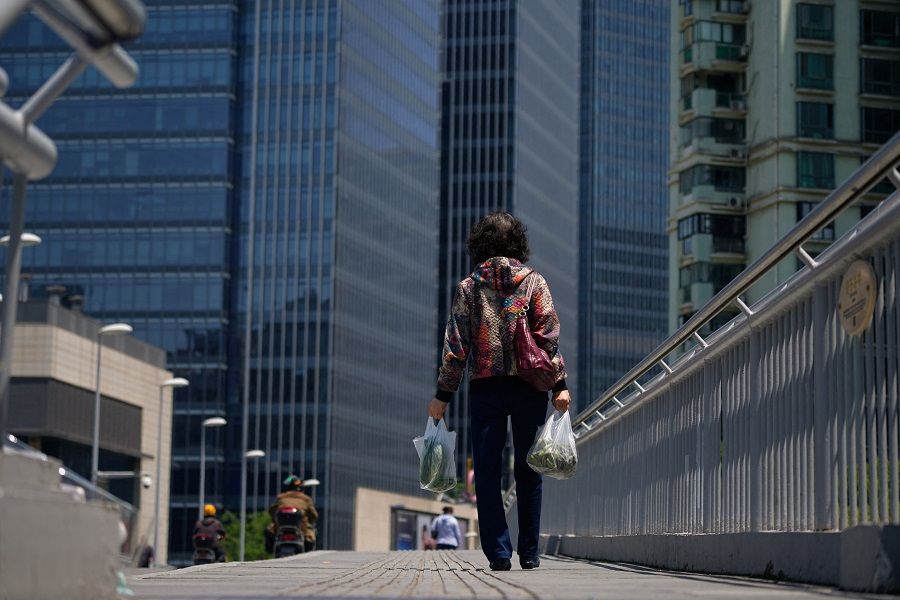
A cadre in a county-level financial department told Zaobao that three years of Covid-19 has led to the tightening of local finances. With trade delegations sent out to attract investments, the incurred costs of travel, accommodation and board, as well as business expenses, are a considerable added burden on local budgets. In order to meet their targets, some delegations have resorted to dividing a major investment project into several smaller projects, so the efforts to attract investments are actually not paying off.
Bai Tian (pseudonym), who has been responsible for bringing in investments for several years at a city-level development and reform commission, explained that some of the trade delegations may look big, but they lack professionalism in areas such as project feasibility analyses, negotiations and contract signing. Their focus is on the number and value of strategic cooperation agreements, while ignoring feasibility.
In some trade delegations, there is no clear division of responsibilities - even if signed projects are feasible, there is no coordination or supervision in the subsequent stages, leaving agreements stuck on paper for long periods.
... some trade delegations commit to constructing factory buildings or purchasing equipment, which is beyond the scope of government responsibilities.
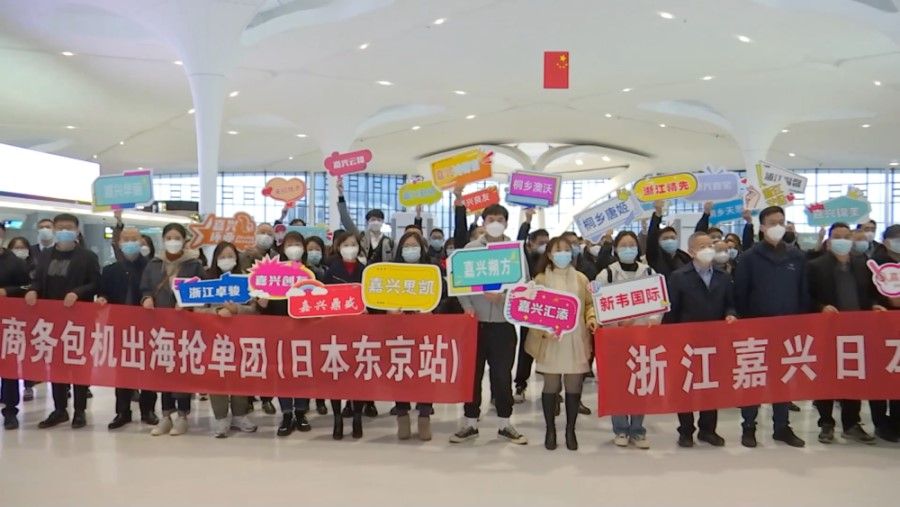
Bai understands that some trade delegations commit to constructing factory buildings or purchasing equipment, which is beyond the scope of government responsibilities. Some even promise non-standard preferential tax policies or tax-linked fiscal incentives, which affect fair market competition.
Standardisation and limits needed
In the post-Covid environment of striving for economic development, local governments at various levels in China have actively engaged in sending out trade delegations to attract investments. According to incomplete data, in this year alone party secretaries or governors of at least five provinces - including Hainan, Fujian, Shanghai, Guangxi and Yunnan - have led delegations to promotional events overseas.
These regulations are mainly aimed to standardise preferential policies in areas such as taxation, insurance premiums, fiscal incentives and subsidies.
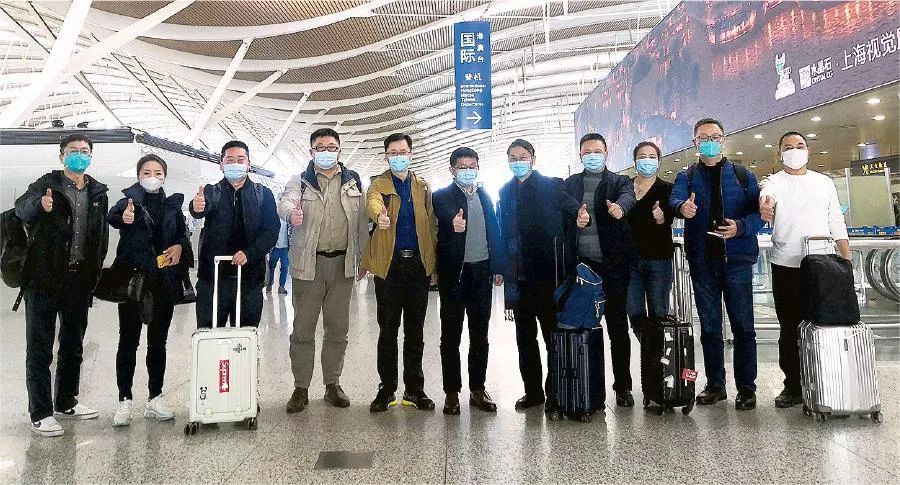
Some provinces have also set specific targets for sending trade delegations to attract investments. According to a document on opinions for ramping up attracting investments issued by Fujian province, between 2023 and 2025, major provincial-level events held for attracting investments should yield over 300 contracted projects worth over 800 billion RMB. The goal is to attract 150 projects worth over 1 billion RMB, 30 projects worth over 5 billion RMB, ten projects worth over 10 billion RMB, as well as 240 projects from Fortune Global 500 companies by 2025.
Given the wave of efforts from various places, China's State Administration for Market Regulation issued a draft document on 12 May to gather opinions for regulations on fair competition. These regulations are mainly aimed to standardise preferential policies in areas such as taxation, insurance premiums, fiscal incentives and subsidies. Analysts believe that these regulations may help to curb irregular preferential policies by local governments when sending out trade delegations to attract investments.
This article was first published in Lianhe Zaobao as "中国各地招商大战渐显形式主义 官媒发文警告".
